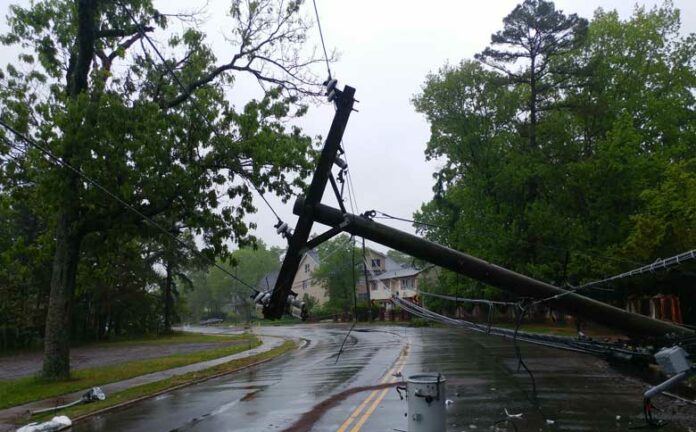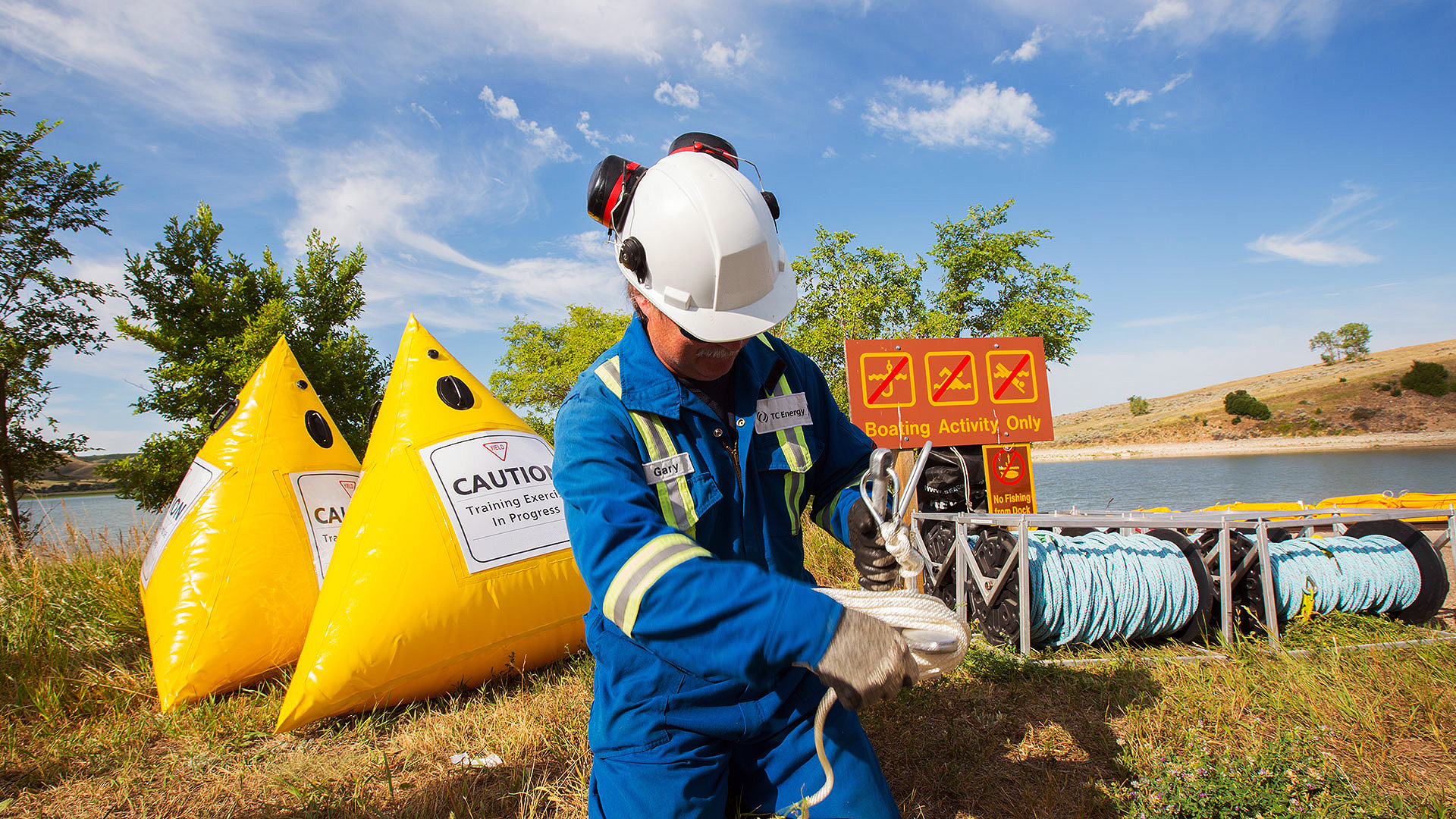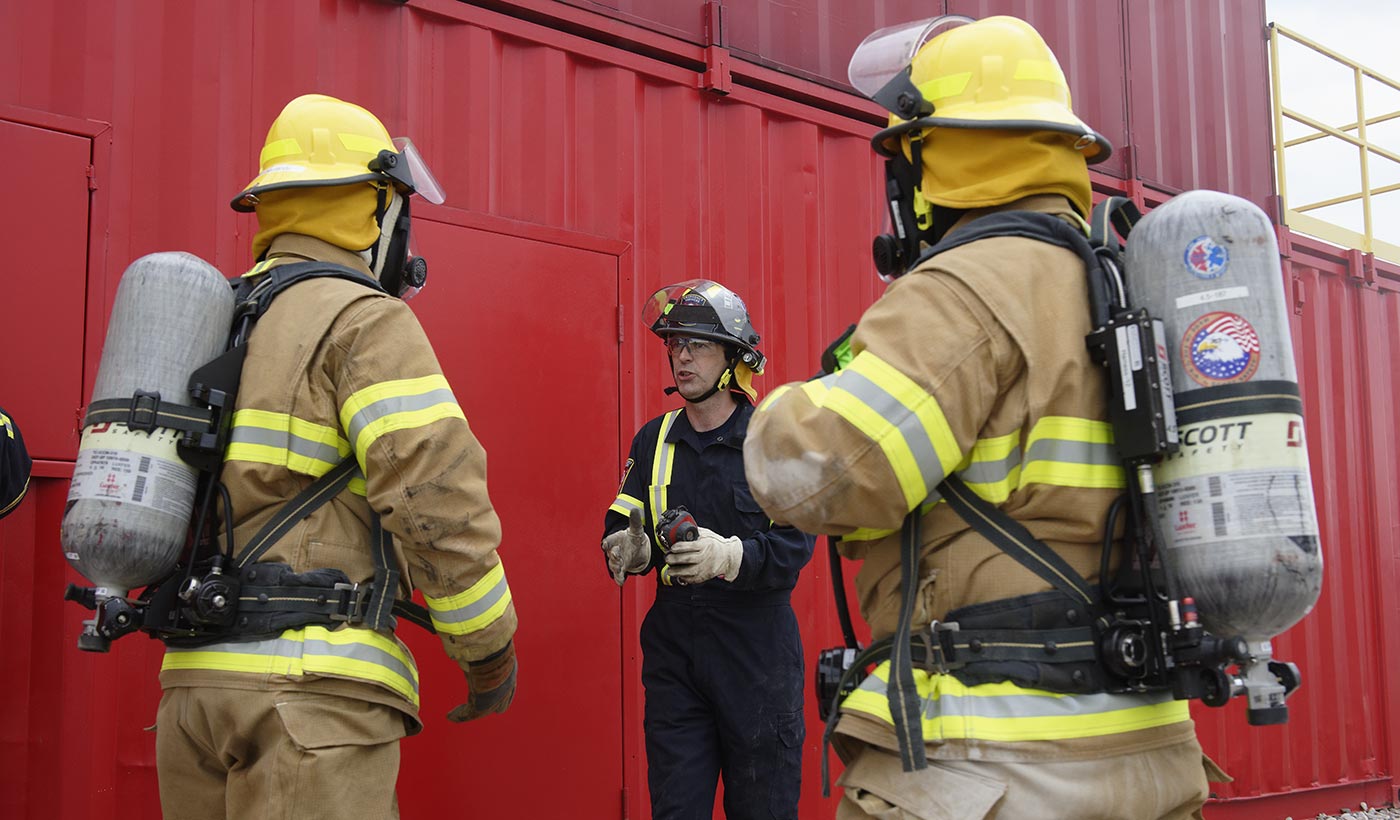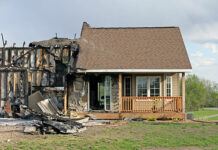Electricity is a need in our everyday lives and a lifeline for our communities. Electricity provides clean drinking water and runs our wastewater treatment plants, as well as transporting natural gas through pipelines and powering vital services including healthcare, food, and fuel industries response.
Communities must plan for probable energy outages that might substantially impair vital services as the consequences of natural and anthropogenic catastrophes have grown increasingly common.
Energy assurance planning is one of our top priorities going ahead, and we’ll be revising Washington State’s Energy Assurance Plan in the next year. This is the first in a series of studies and announcements that will look into the confluence of energy vulnerabilities at key sites and disaster preparedness.
We’re looking at how our communities can better analyze their energy risks, especially how to assess important facility power outages and plan and identify power sector mitigation measures. Knowledge of a few essential concepts is necessary for this comprehension.
What is Energy Assurance, and how does it work?
Energy assurance is a wide word that refers to the capacity to respond to an energy emergency or interruption with confidence or certainty. The three primary types of actions that contribute to this assurance or certainty are preparation and planning, mitigation and reaction, and recovery. Education, outreach, and communication are at the heart of it all.
What is the definition of energy security?
Energy security may be defined as the continuous availability of inexpensive energy sources. Both manmade and natural disasters can endanger the continuous availability of our energy supplies, which is why one aspect of energy security is focused on physical and cybersecurity. As a result, energy insecurity is defined as the lack of access to energy or the inability to buy it.
What is the definition of energy reliability?
Energy reliability defined as an energy production system’s ability to deliver constantly. And expected levels of energy under specified conditions over a certain period of time.
What is the definition of resiliency?
The Federal Energy Regulatory Commission offers one concept of resilience (FERC). According to the Federal Energy Regulatory Commission, resilience is defined as the capacity to endure and minimize the size and/or length of a disruptive event, as well as the ability to foresee, absorb, adapt to, and quickly recover from such an event.
Getting Ready for Energy Emergencies
As the state’s principal energy policy and planning organization, the California Energy Commission assist emergency response operations. By acting as a single source of reliable and timely information on emergency impacts to the state’s energy infrastructure. Planning for shortages and severe crises impacting the supply of electricity, natural gas, and petroleum fuels. Supporting local governments with energy resiliency planning, and promoting decreased energy consumption during catastrophes. It just a few of the support efforts.
Energy Emergency Preparedness
According to the California Energy Emergency Response Plan, the Energy Commission is in charge of establishing California’s strategy for reacting. To a loss of energy supply caused by a natural disaster or a large geopolitical event. The plan establishes a management and operational framework that specifies the functional linkages. That must exist in order to assure successful energy emergency detection, response, and recovery.
The Energy Commission assists local governments in developing electricity resilience plans to guarantee dependable energy. It supplies critical services supplied by local governments, in addition to supporting state preparedness for energy emergencies.
Supporting Efforts to Respond to Emergencies
By acquiring and analyzing essential data, retaining subject-specific technical expertise, and coordinating contingency planning operations with key partners. The Energy Commission aids the state’s disaster response efforts. The Energy Commission oversees the petroleum sector’s operations. It offers strategic analysis in support of the California Governor’s Office of Emergency Services (Cal OES) response actions. Furthermore, the Governor advised by agency leadership on the type, scope, and length of energy crises, as well as proper state actions. On the Response to Energy Emergencies in California & Contingency Planning webpage, you may get further information.






